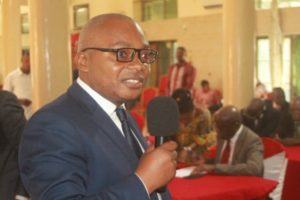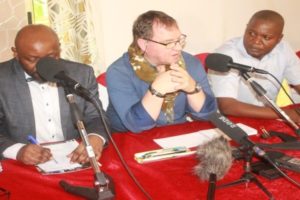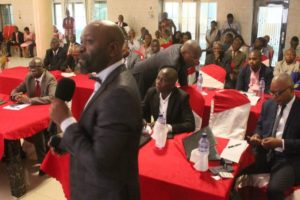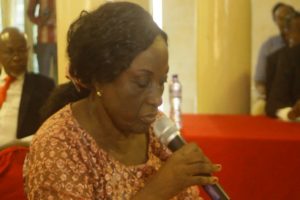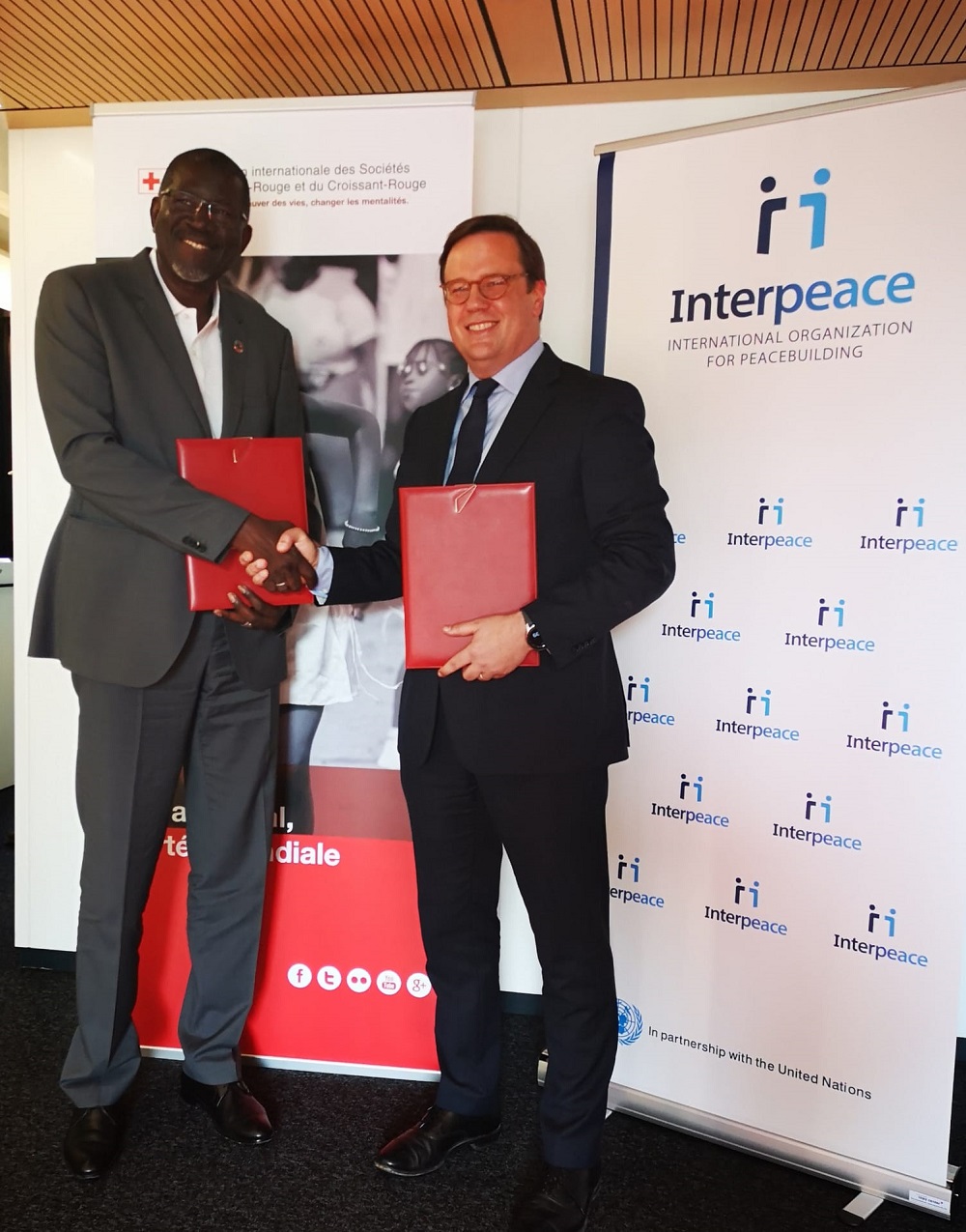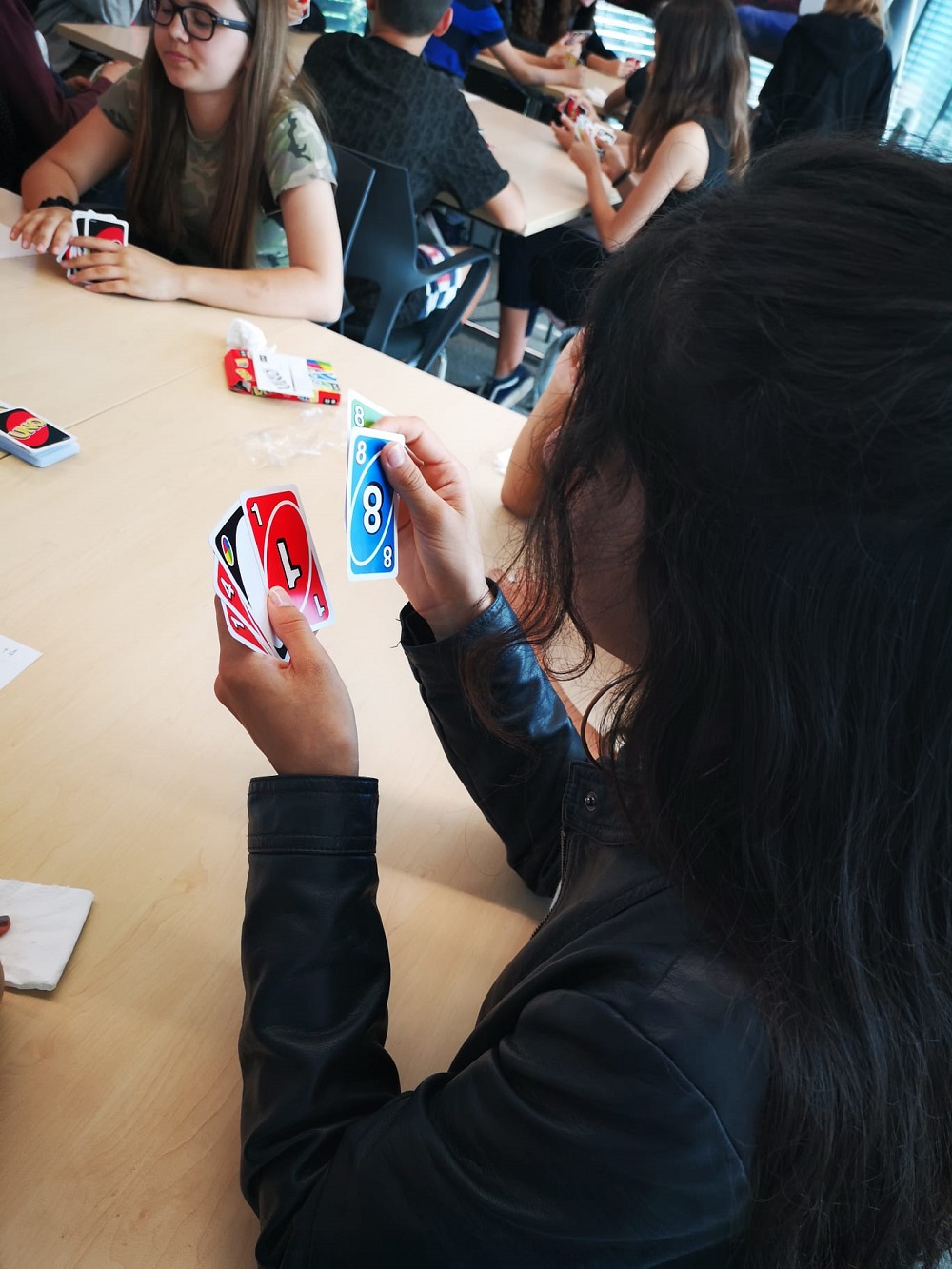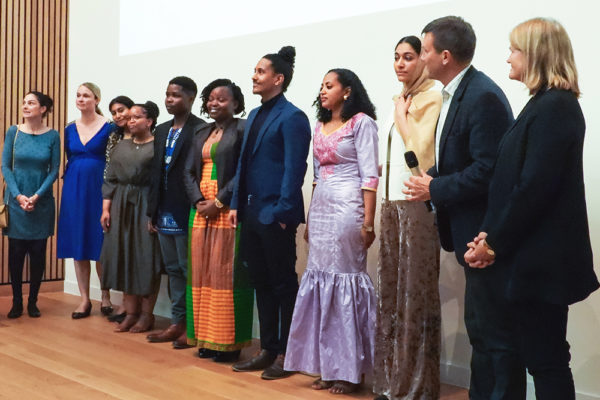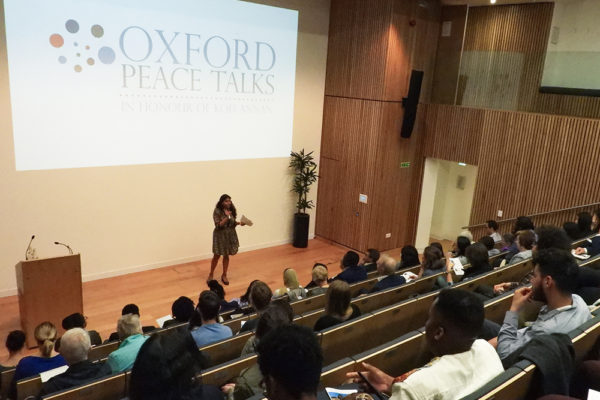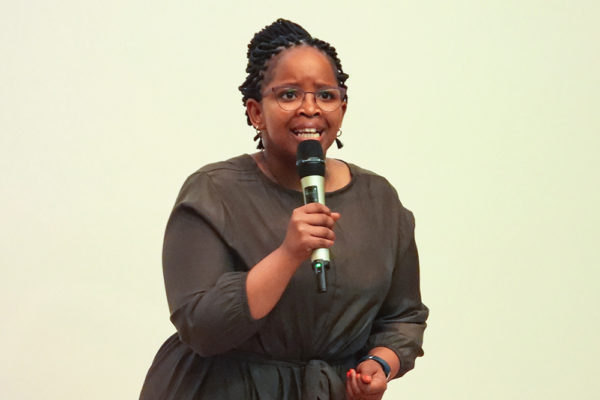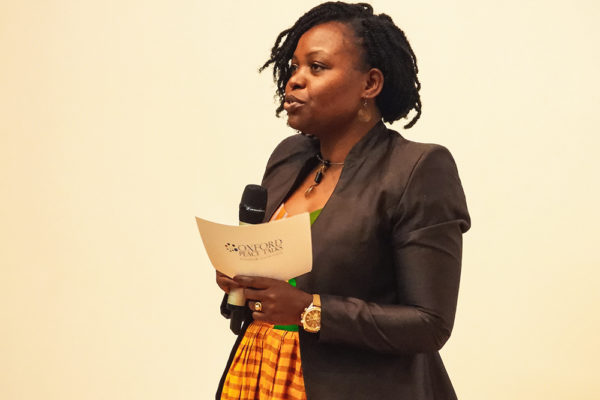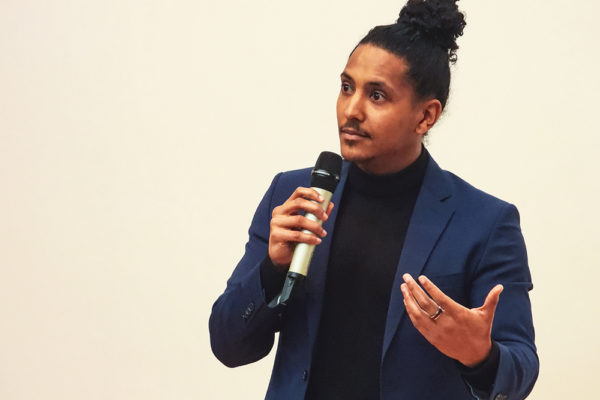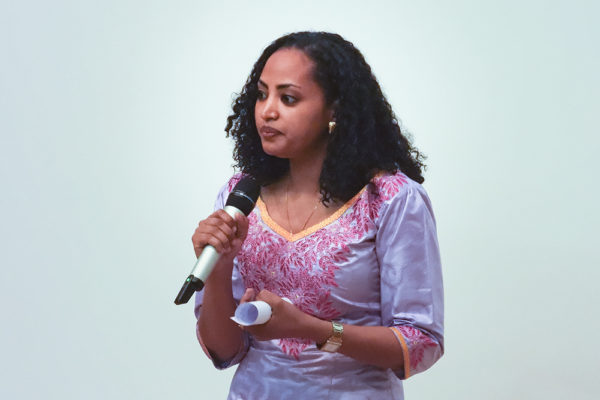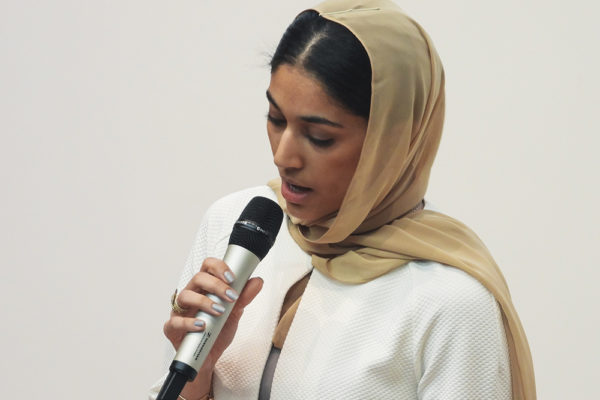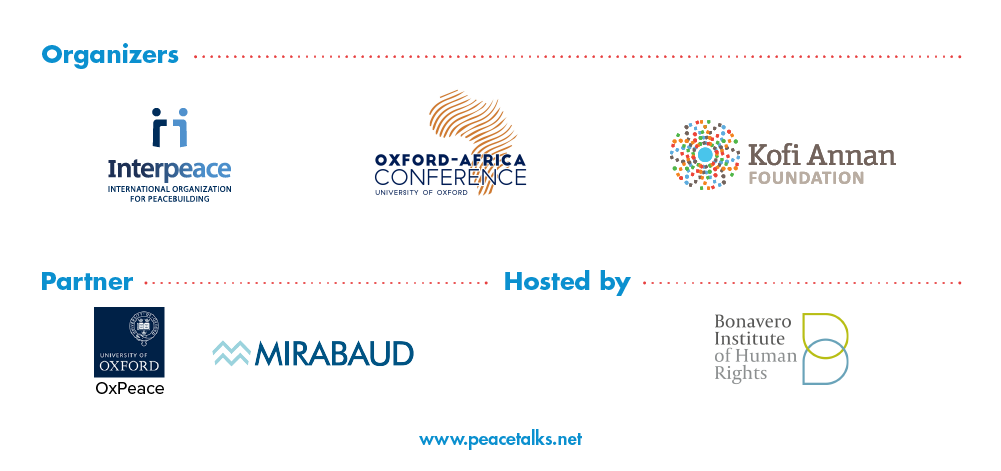The political sphere in Palestine is male dominated, with young women in particular excluded from political and security decision-making. Significantly, existing social norms, growing conservative attitudes, prevailing gender stereotypes and socio-economic hardship hinder women’s participation at positions of influence. As a result, young women are often not engaged or involved in traditional power structures, and ultimately, have limited knowledge of their civic and political rights, including the capacity to express their political and social views.
To help shift this reality, Interpeace’s Palestine programme (Mustakbalna) has since its creation engaged diverse actors across the political spectrum and key sectoral groups within the Palestinian society, including women and youth, as change agents to promote constructive dialogue, enhance civil peace and greater stability within the Palestinian community.
In 2018, Mustakbalna partnered with The Freedom Theatre to strengthen the role of young women as advocates of peace and security in Palestine through creativity and art. Combining technical capacity building on UNSCR 1325, human rights, and gender with training on the use of innovative advocacy tools such as participatory photography, videography and theatre, young women from six different areas in the West Bank were empowered to act with influence, stand up for their rights and lead positive change in their communities.
-
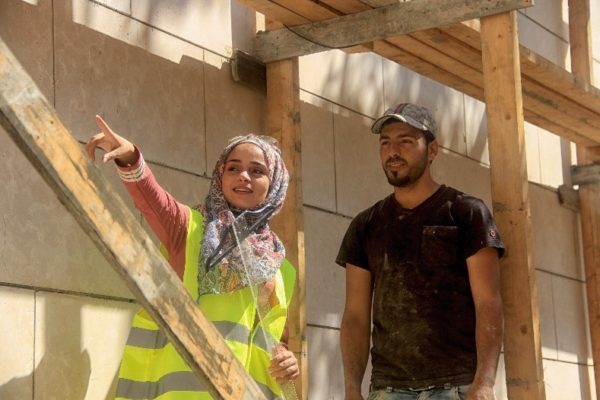
-
Photo credit: The Freedom Theatre
-
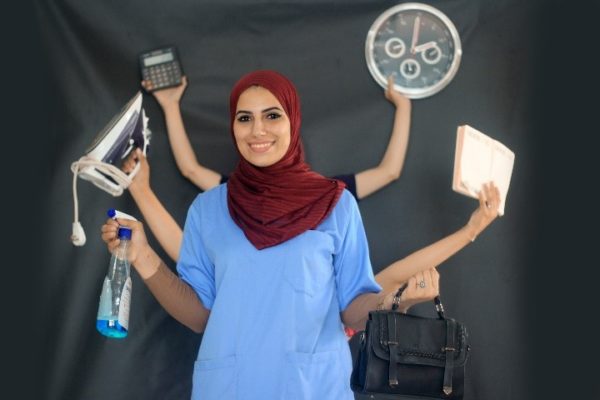
-
Photo credit: The Freedom Theatre
Empowering women through art
In 2000, the Security Council passed UNSCR 1325 on Women, Peace and Security. This resolution was a milestone because it acknowledged the disproportionate and unique impact of armed conflict on women and girls, as well as the important role of women in the prevention and resolution of conflicts, peace negotiations, humanitarian response and peacebuilding. More than just victims of conflict, the resolution recognized women as actors of change and as peacebuilders, as well as acknowledged the importance of including women in all stages of conflict prevention and peace negotiations. However, in conflict-affected countries, women – and young women in particular – often do not possess technical knowledge of UNSCR 1325 and generally lack the space, confidence and advocacy skills to voice their concerns and aspirations to decision-makers.
Thinking of ways to address the particular challenge faced by young women, the Mustakbalna programme in partnership with The Freedom Theatre delivered a series of capacity building workshops, theatre and drama workshops, and participatory photography/videography sessions, to enable young women in target areas to improve their confidence, advocacy skills and technical knowledge of UNSCR 1325. These comprehensive training efforts helped 120 young women between the ages of 15-25 to find their “own voice” using creativity and art. Throughout the sessions, young women improved their ability to have oftentimes difficult conversations about security concerns, covering issues such as domestic violence, sexual harassment and abuse with their peers, project staff, and key stakeholders, while at the same time linking these concerns to broader reflections about UNSCR 1325 and to what extent it can be used as an advocacy tool. These improvements were confirmed by participants’ parents, and other project stakeholders, including women leaders, who were impressed by the level of knowledge and expertise demonstrated by young women such as displaying greater confidence and courage, greater awareness of their rights as women and as Palestinians, and greater clarity in their communication and self-expression. As a result, young women were able to bring forth their concerns and aspirations through various means and with various audiences.
The photography and videography workshops trained young women in the use of cameras and mobile phones to document issues around them and examine how these tools can be used as an advocacy instrument. Young women produced photographs and short films portraying their everyday realities, concerns and challenges regarding security, sexual harassment, societal pressure, abuse, and discrimination (gender and age) but also their aspirations and role in society. Meanwhile, the theatre and drama workshops covered not only theory and practice, but also interactive exercises such as use of body language and confidence-building. As a conclusion to the workshops, the works produced by young women, such as theatre sketches, photographs and short films, were presented in local communities to foster discussion around the role and concerns of young women.
-

-
"If he hits you, speak up."
Photo credit: The Freedom Theatre
-
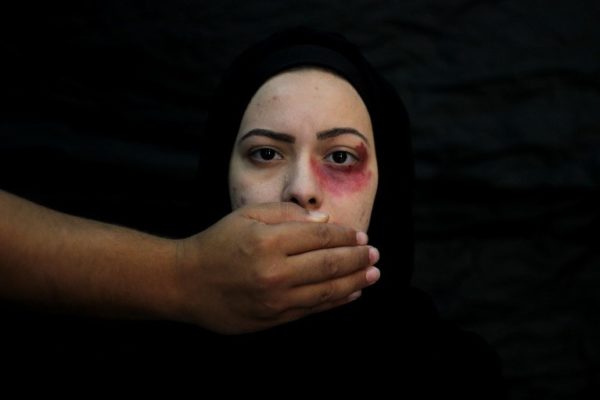
-
Photo credit: The Freedom Theatre
-
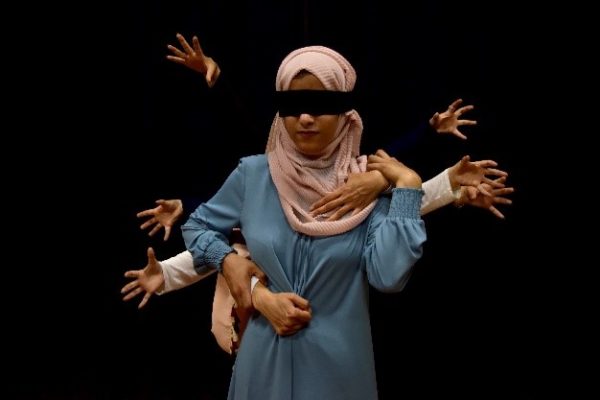
-
Photo credit: The Freedom Theatre
-
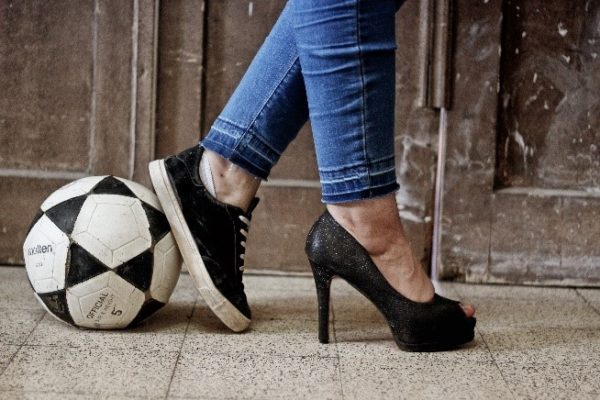
-
Photo credit: The Freedom Theatre
Additionally, as part of the objective to raise broader awareness about issues concerning women in the Palestinian society, Interpeace’s partner, The Freedom Theater led the production of a play “Us Too – Women of Palestine”. The play highlighted powerful personal stories of harassment, struggle for equality, and women’s dreams of determining their own future, which toured in different locations in the West Bank.
In October 2018, a National Gathering was organized to conclude the training elements of the project. For the first time, the young women working groups were brought together from across the West Bank: Jenin City, Ya’bad, Nablus, Tulkarem, Tubas, and Hebron to help build stronger relationships, networks and communication channels with each other and with local organizations.
-
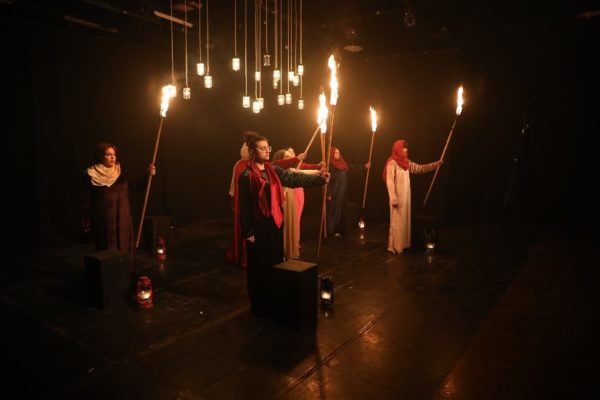
-
Photo credit: The Freedom Theatre
-
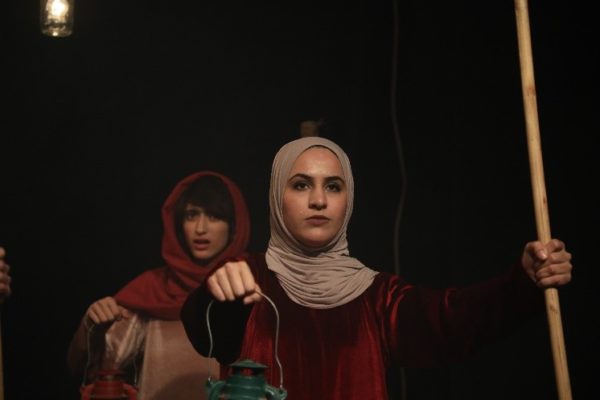
-
Photo credit: The Freedom Theatre
-
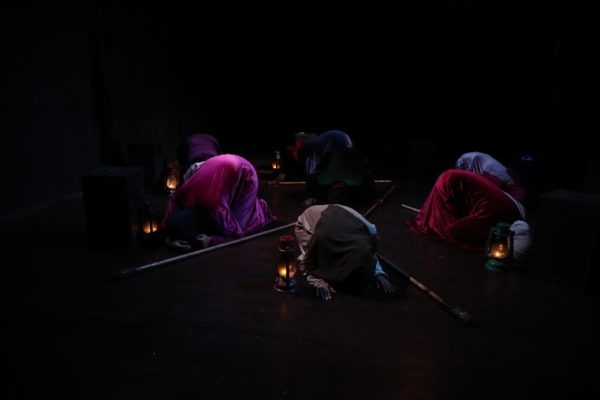
-
Photo credit: The Freedom Theatre
-
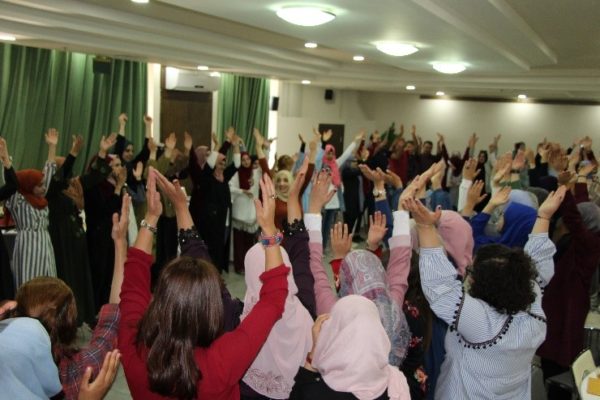
-
Photo credit: Mustakbalna
Connecting young women with decision-makers
As an integral part of the project, communication channels were created between young women and local decision-makers through introductory meetings to provide women with concrete opportunities to practice advocacy and accountability. These meetings were organized in all target areas, where participants discussed the implementation of UNSCR 1325 and the role and particular security concerns of young women. Over 120 participants attended these meetings including young women, representatives of local municipalities, Governorate Offices, political parties, women’s and human rights organizations, legal institutions, and informal community leaders.
Furthermore, through the advocacy engagements facilitated by the programme, a meeting between young women and representatives of the National Coalition for the Implementation of UNSCR 1325 in Palestine was organized. The discussion covered issues such as gender-based violence and discrimination against women including honor killings, violence against women by the Israeli occupation, raising awareness among men of women’s rights, gender, and UNSCR 1325, as well as the challenge of forming a unified front among women on the issue of women’s rights in Palestine.
-
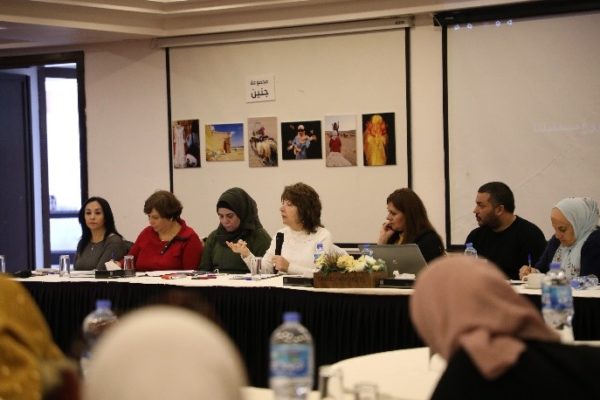
-
Photo credit: The Freedom Theatre
-
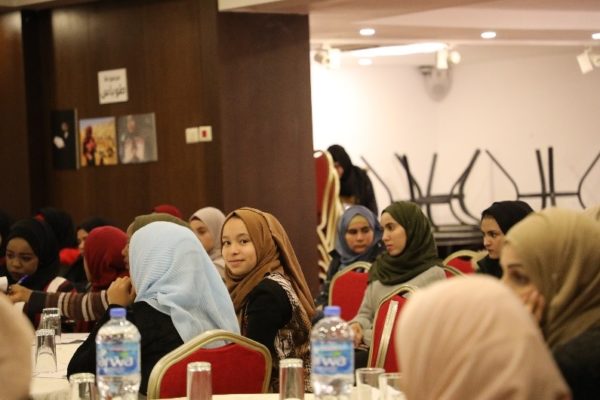
-
Photo credit: The Freedom Theatre
Both decision-makers and women leaders acknowledged the importance and necessity of listening to these strong – but often marginalized – voices and recognized the place and potential of young women as “future leaders” of the Palestinian society.
Ensuring young women’s access to community structures at a local level is key to enabling them to later participate in peace and security processes at the national level. Fostering greater awareness of young women’s rights and opportunities can enable them to use such frameworks, and UNSCR 1325 specifically, as tools to advocate for a greater role for themselves.
The implementation of the Interpeace and Freedom Theatre project “Advocates for peace and security” was made possible with the generous support of the Folke Bernadotte Academy (FBA).
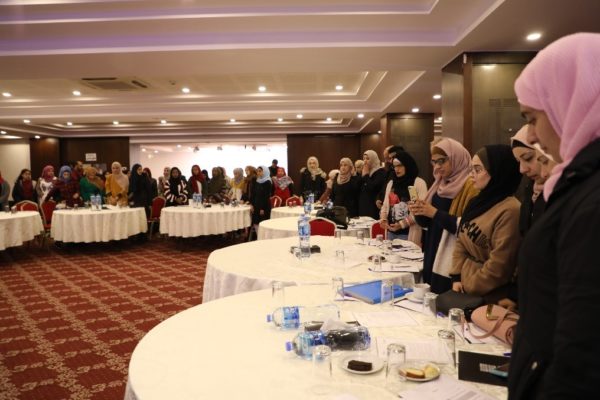
Photo credit: The Freedom Theatre
